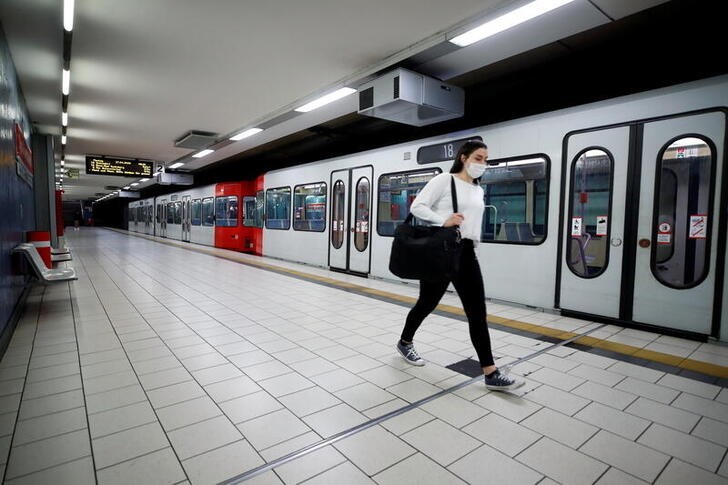BERLIN (Reuters) - German unemployment rose in February for the first time since last June, data showed on Tuesday, dashing expectations for a fall as lockdown measures to suppress the coronavirus case load held back Europe's largest economy.
The Labour Office said the number of people out of work rose by 9,000 in seasonally adjusted terms to 2.752 million. A Reuters poll had forecast a fall of 13,000.
"Kurzarbeit (shortened working hours) continues to secure employment on a large scale and prevent unemployment," Labour Office chief Detlef Scheele said in a statement, adding: "Individual sectors are feeling the effects of the lockdown."
Germany has been in lockdown since November, and measures were tightened in mid-December, as it battles a second wave of the virus. Chancellor Angela Merkel has said new variants of COVID-19 risk a third wave of infections.
The unemployment rate remained unchanged compared with the previous month at 6.0%.
The labour agency said some 2.39 million employees were on shortened working hours in December under the government's Kurzarbeit scheme designed to avoid mass layoffs during downturns by offering companies subsidies to keep workers on the payroll.

After peaking at some 6 million last April, the number of people on Kurzarbeit fell before rising again in November as lockdown measures kicked in, the Office said.